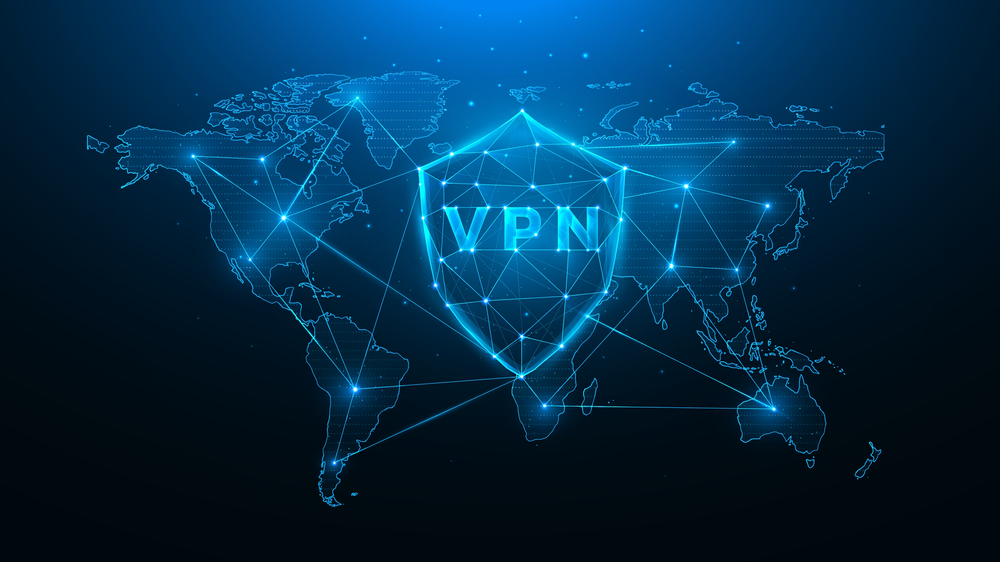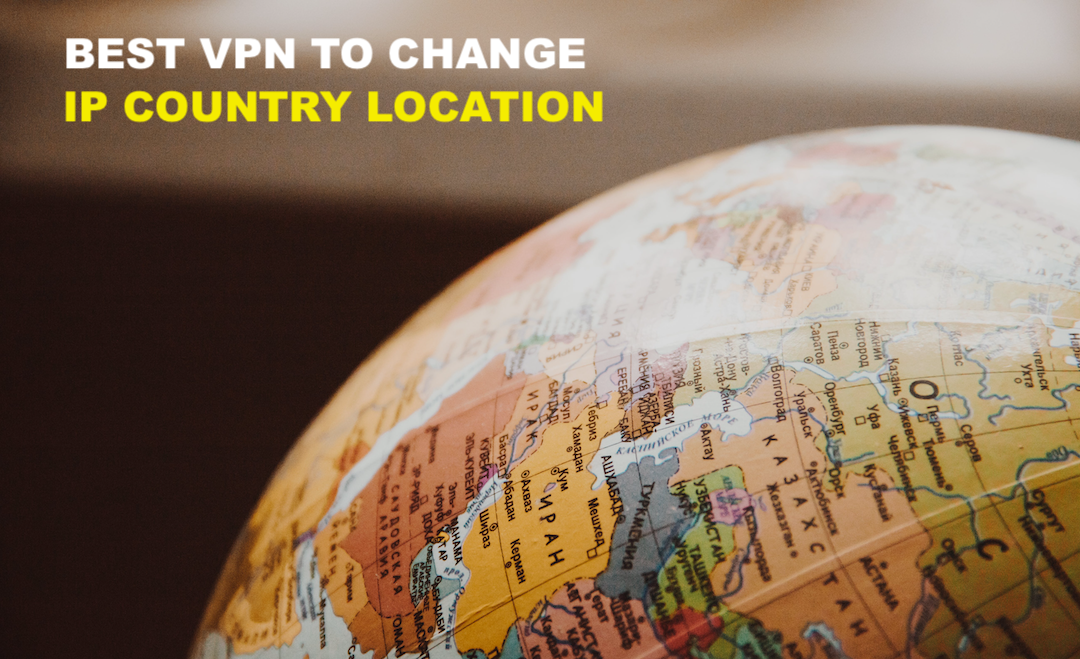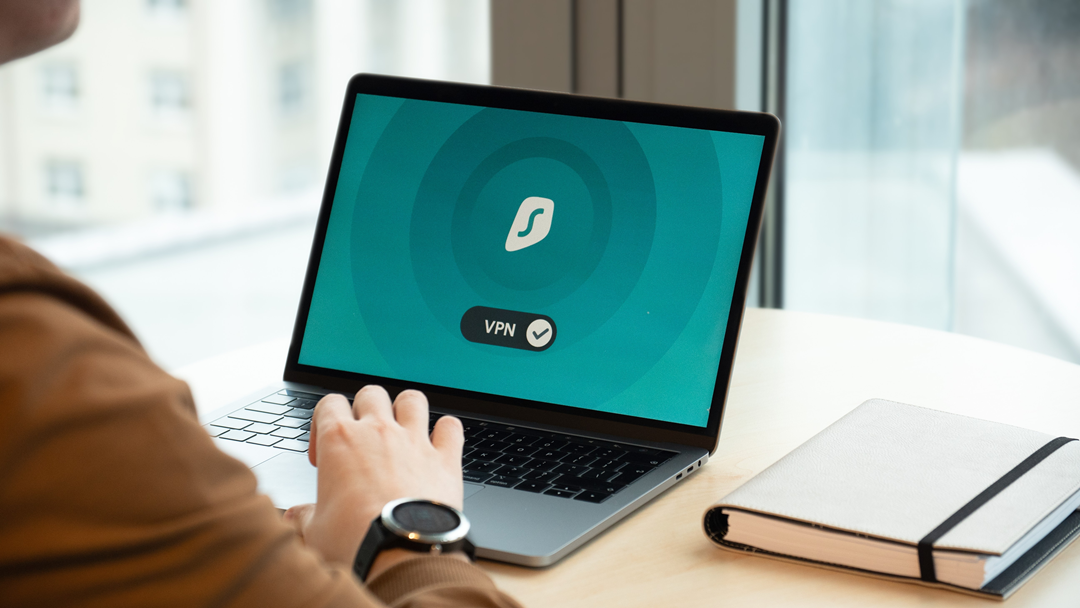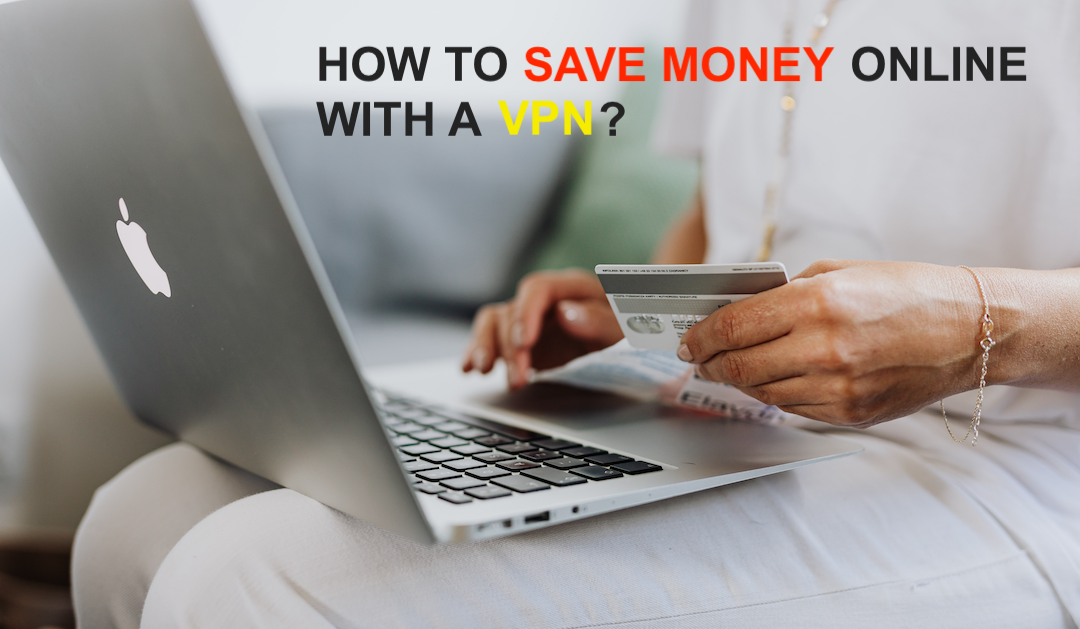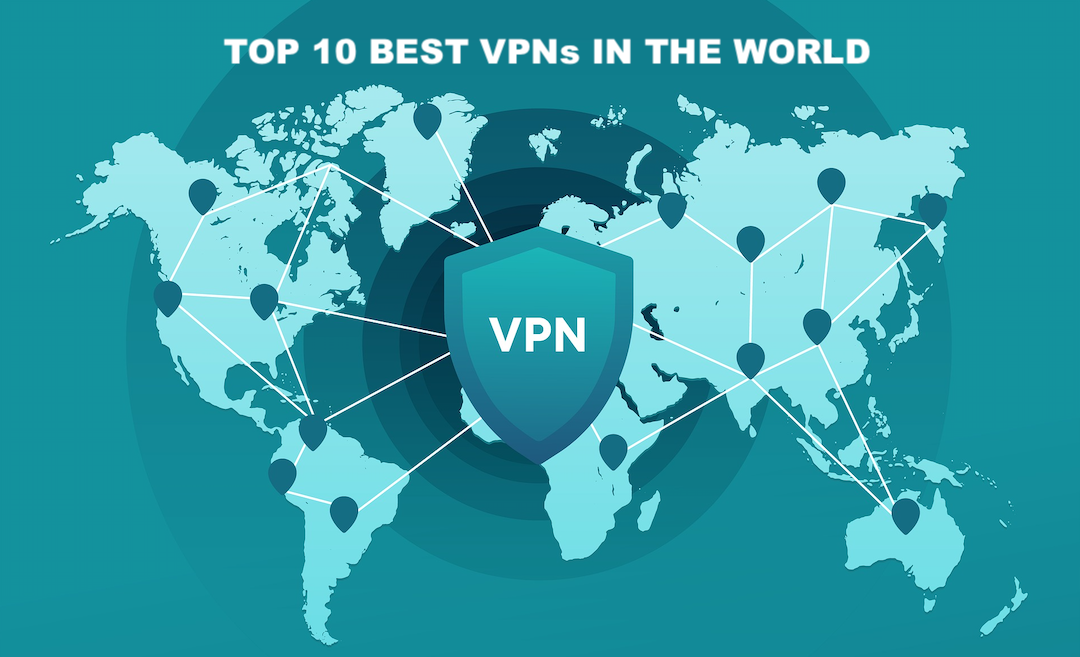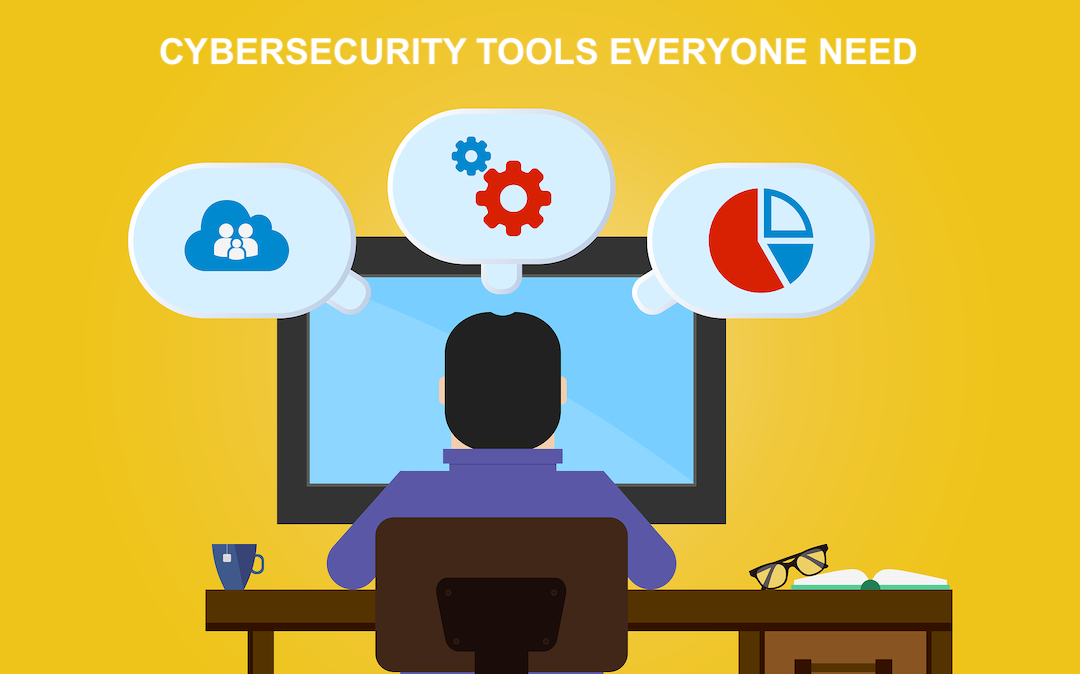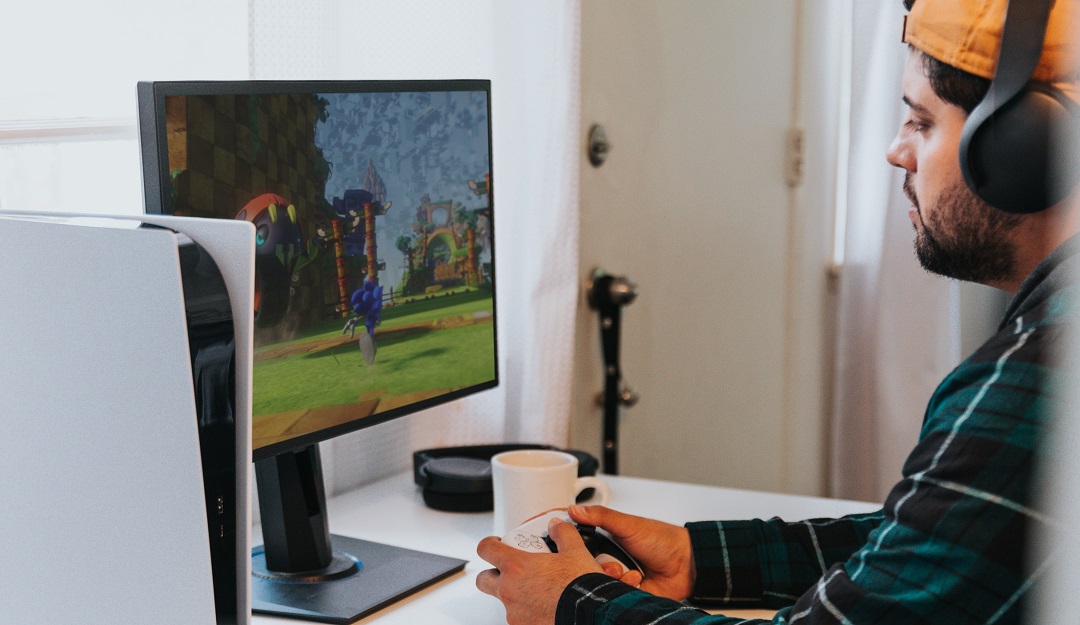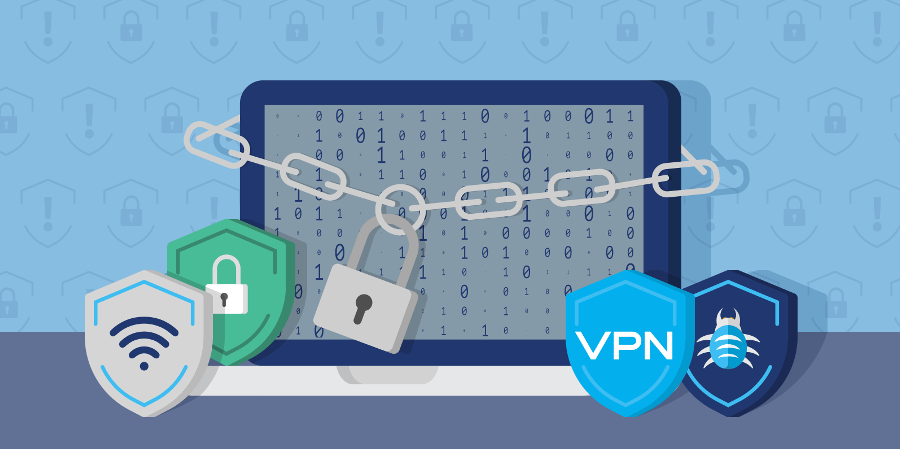
Nearly 25% of active Internet users adopt free or paid VPN services, as revealed by recent surveys. They do it primarily to boost online privacy, safeguard themselves from potential cyber threats, and thwart third-party trackers. However, when attempting to access certain websites and streaming services, these VPNs may get blocked. Streaming services especially often struggle with VPNs because, under the terms of their contracts, they cannot display content in certain regions. Are you ready to give up yet? What if you try bypassing VPN blocks? Let's figure it out.

